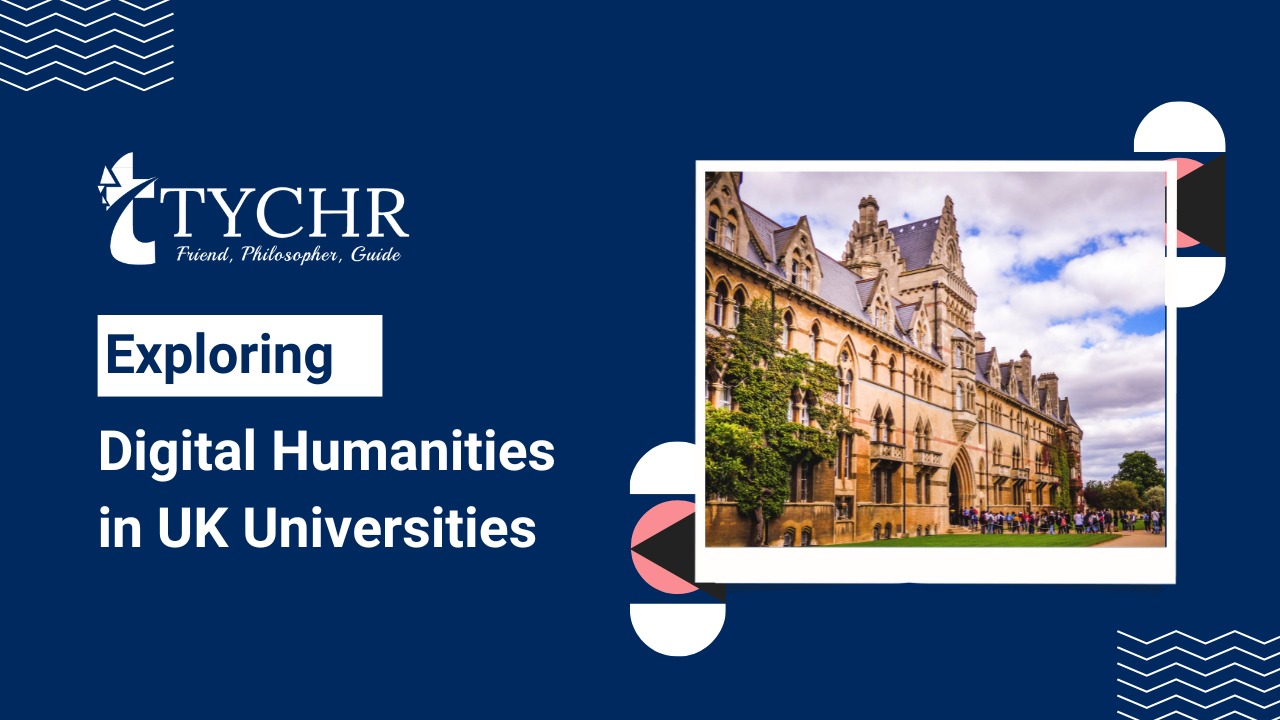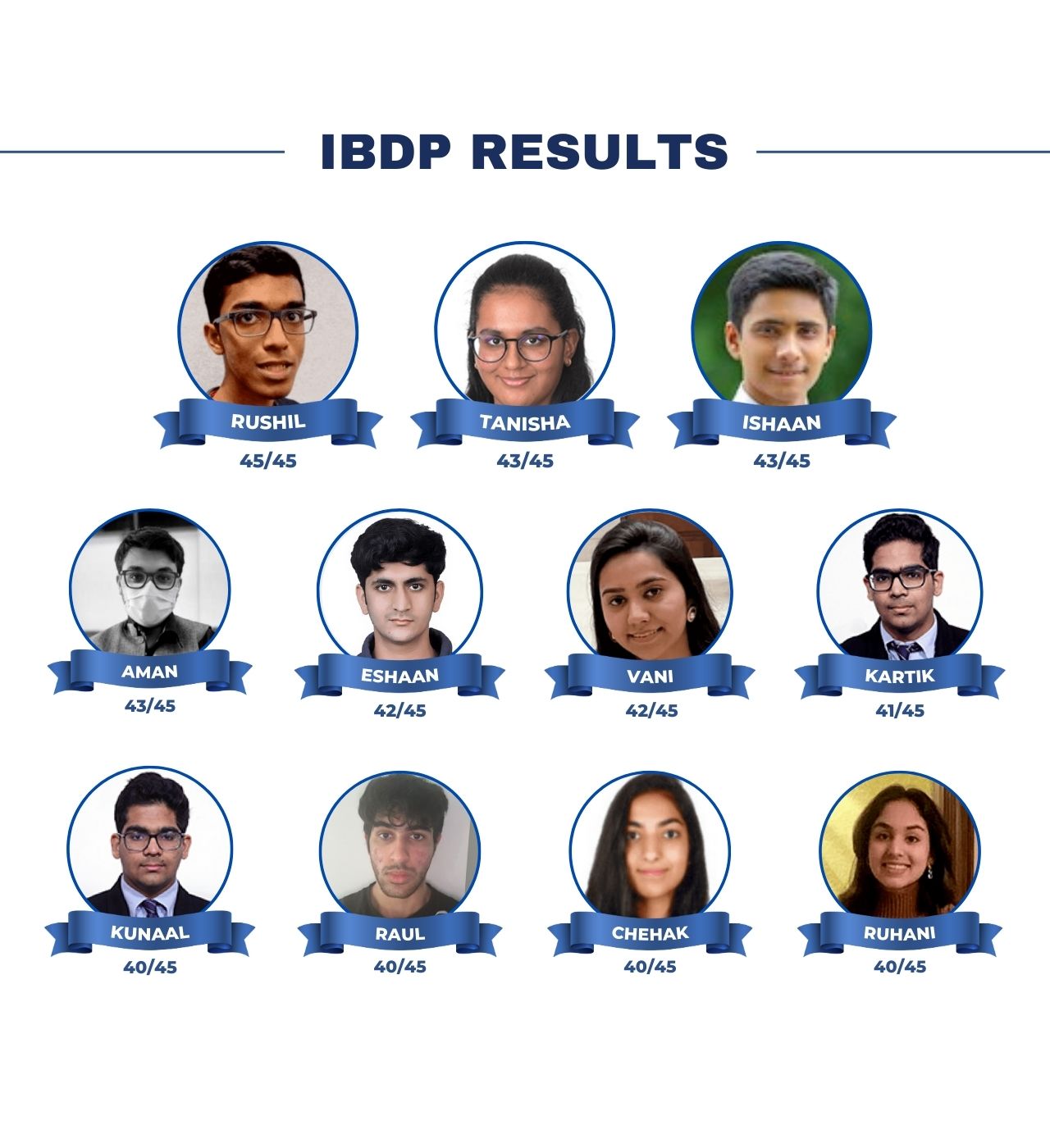Table of Contents
Digital Humanities is an emerging field in the context of humanities or social sciences domain. It engages with the exploration of humanities through a digital lens. Whether it would be computing or tabulating the data, DH has set the trend for immense investigations in the humanities field. Since the field of humanities has been predominantly viewed as a conventional subject that promotes rote learning and less skill inculcation, the DH has turned that statement upside down.
Every aspect associated with humanities or related fields like language, speaking, writing, manuscripts, archives, rhetoric, and much more has found its space in the world of technology at a rapid pace. Though the field started to become impactful around the 1940s and 1950s, the pace it took in the last five to ten years is quite interesting. It has become integral to educational services in the US and Europe. Focusing on the educational services provided by the universities in the UK, one finds that DH has promoted the field because of its capacity to meet the existing demands of the technological world.
Various universities in the UK have started DH courses and the demand has increased with passing days. Because the digital link of the field has made it more open, advanced, reachable, and skillful. We shall explore a few universities/colleges in the UK that have advanced the field of DH significantly.
University of London
Its School of Advanced Study has MPhil and Ph.D. programmes for DH. It is available both as an offline and online course. The school runs a rigorous research programme in the DH field and is part of the London Arts and Humanities Partnership. The Phds in the DH are available in the School of Advanced Study under some major domains, they are
- Digital Libraries and librarianship
- Digital prosopography (a study that identifies and relates a group of persons or characters within a particular historical or literary context)
- Digital onomastics (study of the etymology, history, and use of proper names) and geography
- Historiography of digital humanities and impact on research
- Metadata theory
- Open access policy and practice
- Search methodologies and information-seeking behavior
- Digital curation and preservation
- Digital editing
- Digital epigraphy, papyrology, and manuscripts
- Big data for humanities research
- Born digital data (including web archives and social media)
However, like all other major domains, students in DH are also required to submit a research proposal before jumping ahead to submit the formal application.
For further details visit https//www.london.ac.uk/courses digital-humanities
University College London (UCL)
UCL provides access to DH courses by making available three choices for students which are Full-time, part-time and flexible. The fees and the duration varies for each of them. Through its DH courses, UCL aims to have a ‘strong commitment to fostering integrative learning and critical reflection by introducing to the key debates that are at the core of digital humanities in regional and global contexts and analyzing how arguments are expressed and deployed in the humanities.’ Besides, aiming to ‘learn crucial digital humanities skills, techniques, and modes of analysis and discover the frameworks and knowledge that one needs to remain up-to-date with this fast-paced field, now and in the future.’
The major facilities provided by the UCL to DH students are UCL Library Special Collections, UCL Museums & Collections, and the UCLDH Digitisation Suite. There are certain compulsory modules apart from the optional ones. However, both are subject to change anytime in the future. The compulsory ones are
- Digital Resources in the Humanities
- Internet Technologies
- Advanced topics in the Digital Humanities
- Global Digital Humanities
- Dissertation
- Introduction to Programming and Scripting
The optional ones include
- Natural Language Processing and Text Analysis
- Informatic Cultures The Anthropology of Data, Algorithms, and Computation
- GIS in Archaeology and History
- Unstitching the Early Modern Archival and Book Skills
- Early Modern Information Culture, c.1450-1750
- Historical Bibliography
- Manuscript Studies
- XML
- Introduction to Digitisation
- Data Visualization and GIS
The course has enhanced the skills of thousands of students and therefore the placement of DH students from UCL has been widely found in reputed museums and libraries across Europe and other countries.
https//www.ucl.ac.uk/prospective-students/graduate/taught-degrees/digital-humanities-ma
University of Manchester
Manchester University provides access to certain specific areas in the DH field. They are
- Spatial Humanities
- Digital Text Analysis and Distant Reading
- Digital Materiality
- Digital Media and Data Ethics
The major course initiated by the university is MA in Digital Media, Culture, and Society. It has three levels.
Level 1 core ‘Decoding Inequality Reimagining Digital Culture.’ Aided by optional choices.
Level 2 core ‘Digital Ways of Seeing Theory and Practice.’ Aided by optional choices.
Level 3 ‘optional units’ may vary.
Besides, UCL also provides Digital Humanities Minor to undergraduate students.
https//www.digital-humanities.manchester.ac.uk/

King’s College London
Providing the choice of pursuing the course as Full-time or part-time, King’s College divides the course into two major modules. The core module includes
- Introduction to Digital Humanities 1 (30 credits)
- Introduction to Digital Humanities 2 (30 credits)
- Coding and the Humanities (15 credits)
- Dissertation (60 Credits)
The optional modules (3 need to be selected) are
- Curating & Preserving Digital Culture
- Communication & Consumption of Cultural Heritage
- Digital Storytelling
- Music and Sound in Digital Societies
- Artificial Intelligence & Society
- Web Technologies
- Global Digital Audiences
- Digital Innovation
- Digital Publishing
- Data Journalism
- Social Media, Marketing, and Platforms
- Digital Asset and Media Management Technologies In Practice
- Management for Digital Content Industries
- Digital Media, Digital Marketing
The graduates in DH from Kings have found employability in cultural heritage industries, publishing houses, digital media/marketing companies, and other digital strategy positions in London and overseas.
https//www.kcl.ac.uk/study/postgraduate-taught/courses digital-humanities-ma
Lancaster University
Lancaster University provides modules in Digital Humanities and Spatial Technologies to advance the process of research in Humanities. Some of the core modules provided by the university are
- Digital texts in the Humanities
- Dissertation
- Exploring the World of Digital Humanities
- Researching and Writing History
- Spatial Technologies for Humanities Research
Besides, some optional modules are
- Introduction to Discourse Studies
- Making Research Count Engaging with Quantitative Data
- Medieval Literature and the Environment
- Methods in Science and Technology Studies
- Nineteenth Century Literature Place – Space – Text
- Outreach, heritage, and public history placement
- Postcolonial Women’s Writing
- Programming for the Digital Humanities
- School Placement
The university also provides scholarships and bursaries which depend upon the course and fee status and in a few cases country of origin. Unlike conventional ways where labs are restricted to the field of Science, DH has advanced the lab requirement for the Humanities field as well. The presence of the Digital Scholarship Lab at the University of Lancaster is one such example. The lab has become a comfortable space for students of various disciplines of Humanities to work on research and related tasks.
https//www.lancaster.ac.uk/study/postgraduate/postgraduate-courses digital-humanities-ma/
Also read College Counseling. This Guide Has Everything You Need To Know
University of Exeter
Under the broader domain of Digital Humanities, the University of Exeter has specific programmes for five groups. They are
Researchers
- Collaboration on projects and digital resources
- Grant application development and DMP support
- Website development and hosting
Staff and Students
- Digital skills training
- Digitisation services
- Equipment and facilities
Module convenors and teachers
- Teaching facilities
- Digitisation and skills training for modules
Students and graduates
- SCP Internships
- Volunteering
- GBP Technical Assistant role
The university ensures the use of various technological means to advance research and teaching processes in the DH field. Some of the services used are
- Collection management
- Databases
- Blogs and social media
- Data analysis and visualization
- 2D imaging
- 3D imaging
- Text encoding
- Archiving and Sustainability
- Linked Open Data
The university also provides the facility with a Digital Lab for research purposes. Each year the department carries various projects which run across fields and the themes addressed are also innovative. The lab not only furthers the research process but also helps in sustaining the digital preservation of historical materials or artifacts through technological means. The labs are equipped with 3D facilities, and high-resolution gadgets that enhance the research in the Digital Humanities field with the help of world-class professionals and experts.
https//www.exeter.ac.uk/research digitalhumanities/
Conclusion
Digital Humanities is an innovative field. Tailored together with humanities and technology, the field provides an apt example of possibilities between theoretical and practical fields. It has given tough competition to the conventional understanding of the humanities field and has been successful in sustaining that also. Furthered by technological advancement one easily deciphers the predominance of the field in the West/Global North. The Global South is yet to make the field prominent in its educational services and requires major policy changes to do so. Nonetheless, the wave of the field is penetrating various countries, and it could be very soon that we observe the success of the Digital Humanities field among the educational services of various countries across the globe. Provided that the requirements for the field become accessible to all, and not just beneficial to some.








